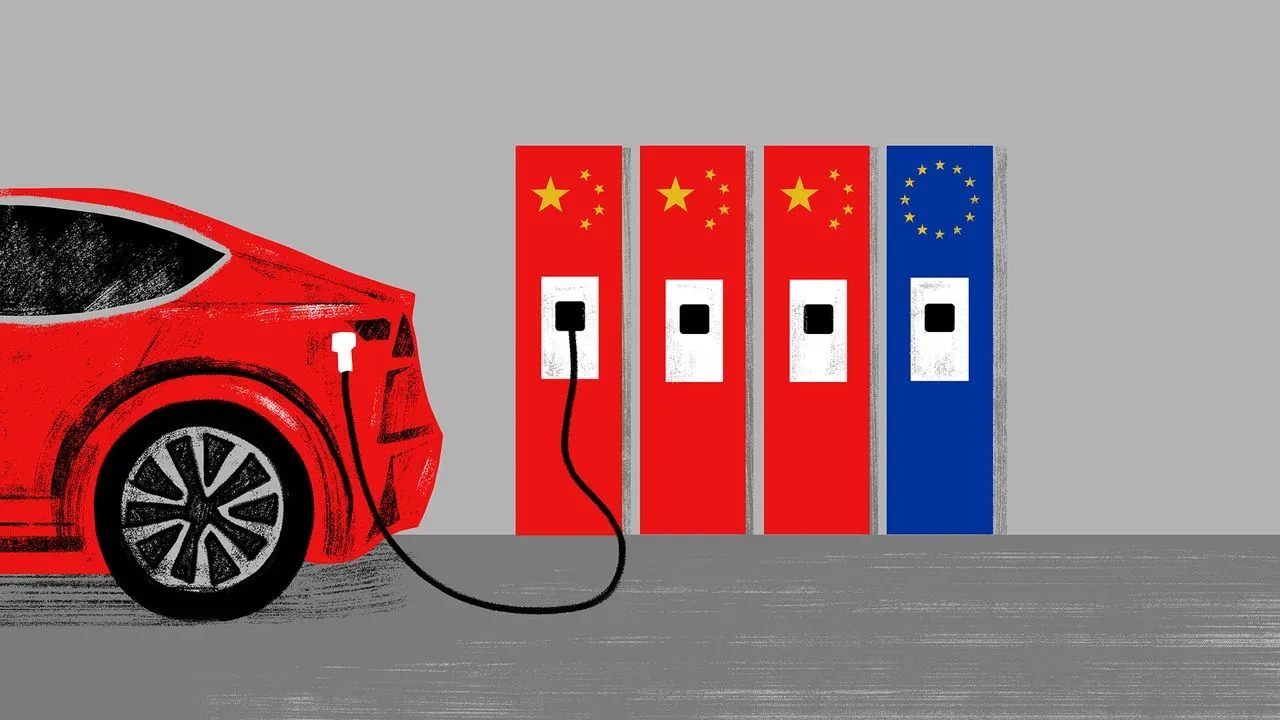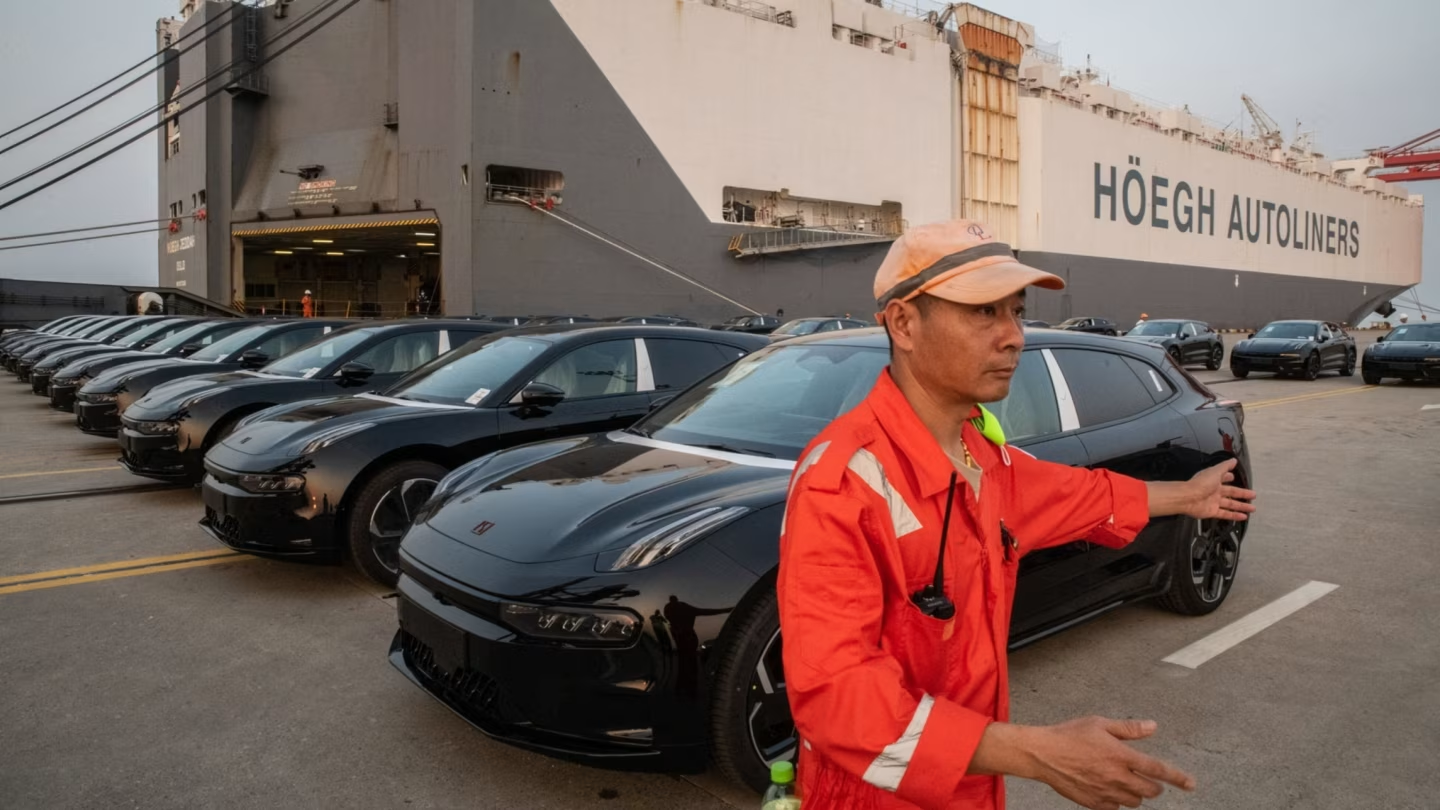EU faces key decision on tariffs for Chinese electric vehicles
 (Illustration: Chloe Cushman)
(Illustration: Chloe Cushman)
The European Union (EU) will make a final decision on imposing tariffs of up to 36.3% on Chinese electric vehicles (EVs) by the end of October.
This decision marks one of the most significant EU trade cases against China in over a decade.
However, automakers and nations are divided on the potential impact of such tariffs on the industry.
Divided opinions among European automakers
German automakers, which have a substantial presence in China, are concerned that the tariffs will hurt their businesses.
The German automotive industry benefits from a trade surplus with China, and industry representatives argue that tariffs could undermine this relationship.
In contrast, Italian and French automakers, with limited presence in the Chinese market, are more supportive of the tariffs, seeing them as necessary to protect domestic industries.

China’s competitive edge in the global auto market
China has expanded its car exports globally, and analysts point to the country’s strong support for its domestic manufacturers as one of the reasons for its competitive advantage.
William Reinsch, senior advisor at the Center for Strategic and International Studies, noted that China’s state-controlled economy allows for significant overinvestment and overproduction, leading to an excess supply of cars being exported at lower prices.

Impact of government subsidies and lower production costs
Chinese automakers can produce a car for around $5,500, according to Felipe Muñoz, senior analyst at JATO Dynamics.
In comparison, European automakers face production costs of nearly $20,000 per vehicle.
This substantial price gap is partly attributed to government subsidies but also to China’s greater economies of scale, lower labor costs, and a well-established supply chain for electric car batteries, giving Chinese automakers a considerable advantage in the global market.



